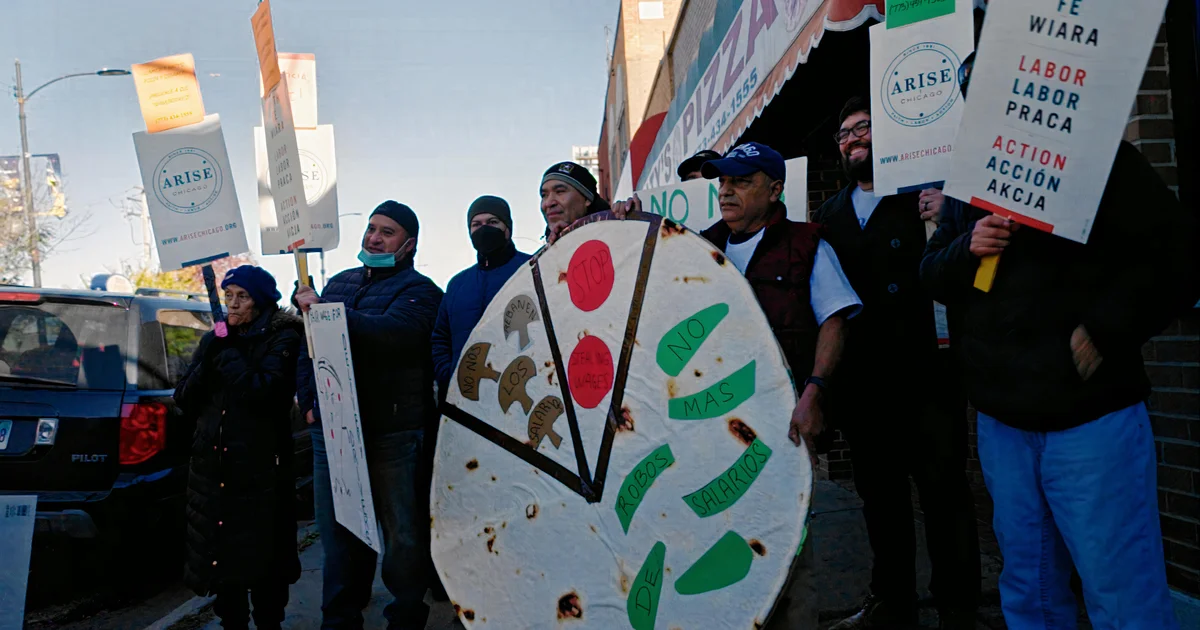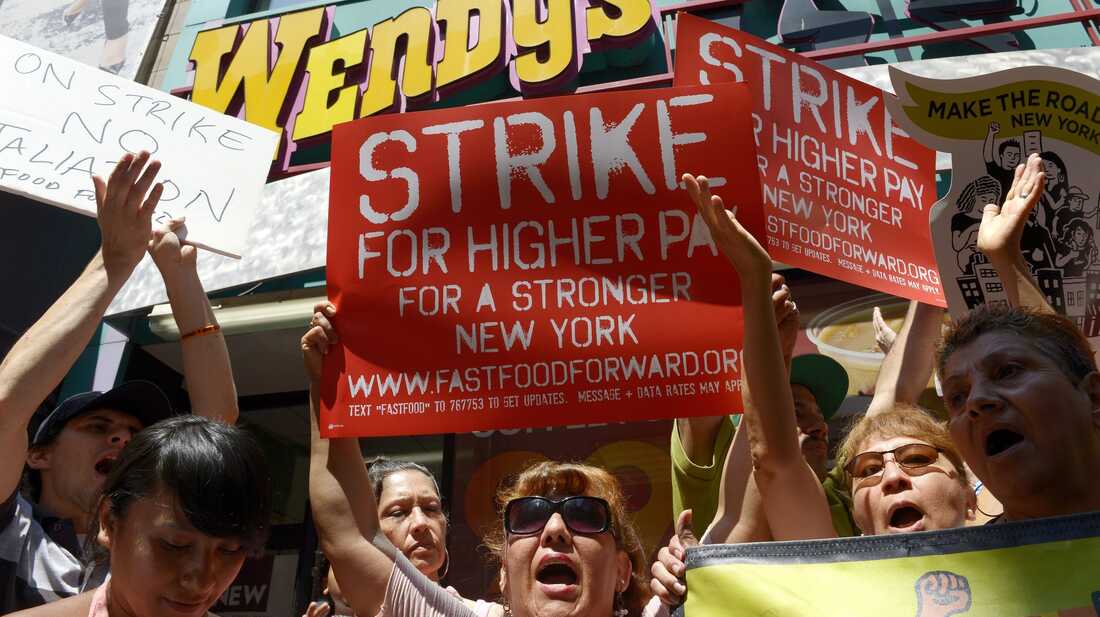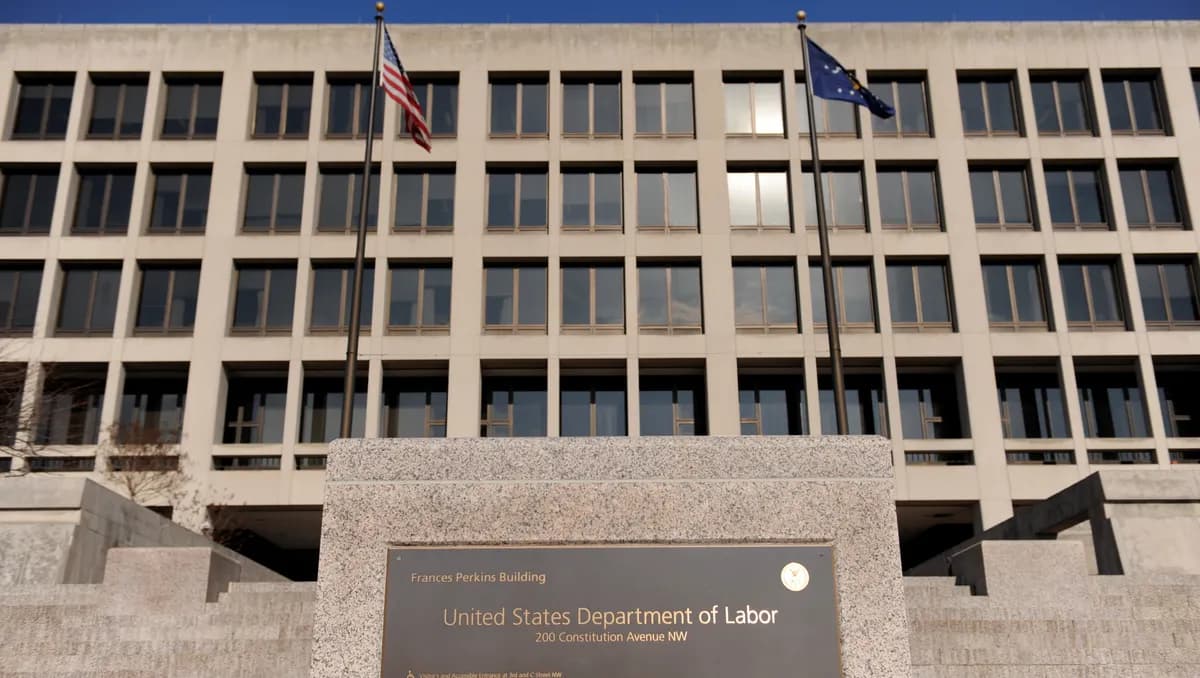Wage Theft Is Rampant in America"s Workforce
In a shocking revelation, workers across the United States are losing an average of $2,000 annually due to wage theft, even as corporate profits soar by 25%. According to the U.S. Bureau of Labor Statistics, labor violations and exploitative practices are robbing our most vulnerable workers of their hard-earned money. This is a systemic issue that disproportionately affects low-wage earners, who often lack the resources to fight back against their employers.
Minimum Wage Remains Stagnant While Inflation Rises
The Fair Labor Standards Act (FLSA) was designed to protect workers, yet it is being undermined in practice. As reported by the Department of Labor, the federal minimum wage has remained stagnant at $7.25 per hour since 2009, despite the rising cost of living. This stagnation has led to a significant decline in purchasing power, pushing many workers into financial instability.

First-of-its-kind CBS News investigation exposes impact of wage theft on workers across America
Unions Are the Key to Economic Justice
Union membership has been proven to elevate wages, improve working conditions, and provide a voice for workers. The National Labor Relations Act protects the rights of workers to organize and bargain collectively, yet many companies actively discourage unionization through intimidation and misinformation. The growing tide of union organizing across various sectors is a step toward reclaiming economic justice, but the fight is far from over.
Corporate Greed and Worker Exploitation
As corporate profits balloon, workers are left to bear the brunt of economic disparities. According to research published in the Journal of Labor Economics, the gap between executive pay and worker wages has reached unprecedented levels. Companies are prioritizing shareholder returns over employee welfare, perpetuating a cycle of poverty among the workforce.

Fast-Food Strikers Demand A "Living Wage" : The Salt : NPR
Legal Obstacles for Workers Seeking Justice
The current labor laws are often inadequate to protect the rights of workers. A comprehensive analysis from the Labor Education & Research Center highlights how the complex legal framework can hinder workers from pursuing grievances effectively. Many employees feel trapped, caught between their need for income and the fear of retaliation from employers.
The reality is grim: the very laws meant to protect workers are often wielded against them. As discussed in the Vermont Law Review, employees face conflicting rights depending on whether they engage in union processes or pursue individual litigation, further complicating their paths to justice.







![[Video] Gunfire between Iraqi security forces and Sadr militias in Baghdad](/_next/image?url=%2Fapi%2Fimage%2Fthumbnails%2Fthumbnail-1768343508874-4redb-thumbnail.jpg&w=3840&q=75)
